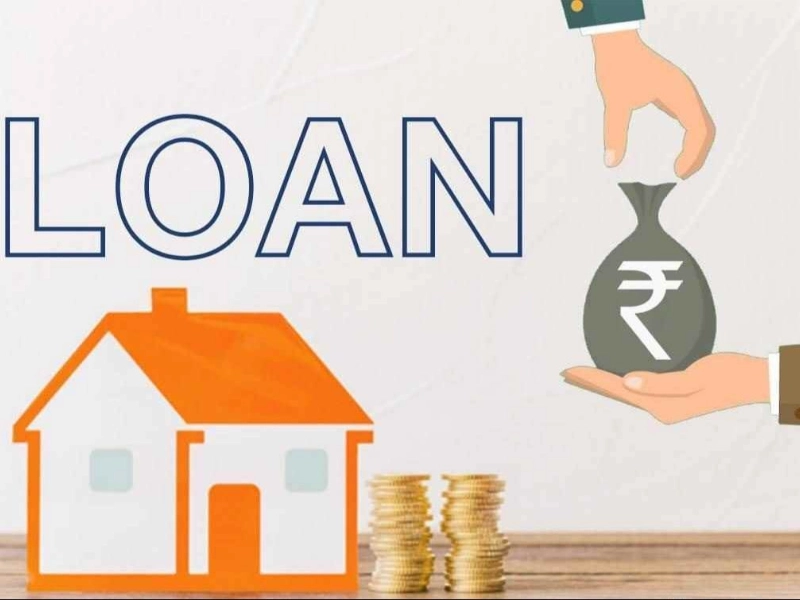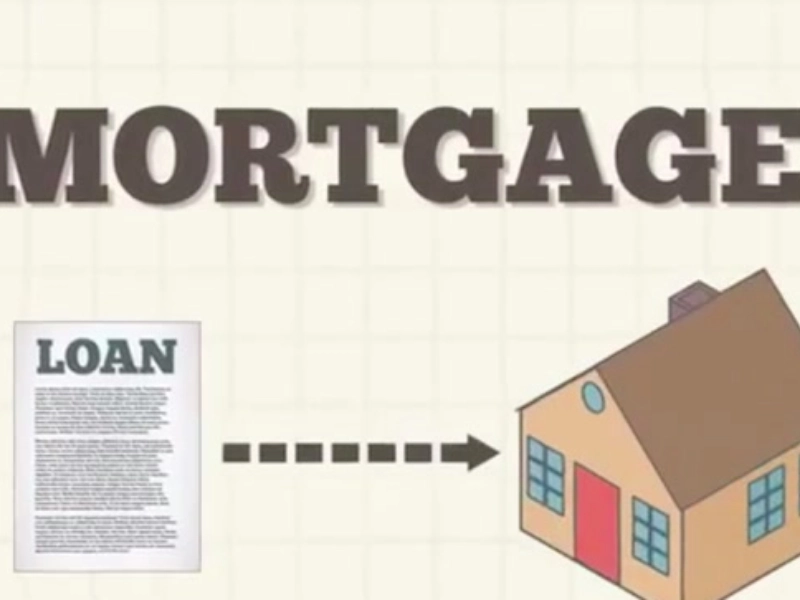An essential element in the house loan process is comprehending mortgage fees and closing costs. It is important that you go over both your lender's original loan estimate and the closing disclosure, which they have to send you at least three days before the settlement date. Fees paid to parties in the mortgage process, such as application or assumption fees, are referred to as closing expenses. Buyers can frequently request that the seller pay all or part of their closing costs.

 Closing expenses are a complicated collection of charges. Some pertain to your lender, while others are tied to certain loan products, like VA loan costs or FHA mortgage insurance. Some are also related to the property and the state in which it is located.
You may find out what closing costs you'll have to pay by consulting your lender's loan estimate and closing disclosure. Certain closing charges, such as the transfer fee, property tax prorations, and homeowners' or title insurance, are required, while others are not.
Although some lenders let you include closing fees in your mortgage, it's advisable to save up for them because doing so frequently results in an increase in your interest rate or prepayment interest. Additionally, take into account comparing rates from other lenders and haggling to try to reduce those costs.
Closing expenses are a complicated collection of charges. Some pertain to your lender, while others are tied to certain loan products, like VA loan costs or FHA mortgage insurance. Some are also related to the property and the state in which it is located.
You may find out what closing costs you'll have to pay by consulting your lender's loan estimate and closing disclosure. Certain closing charges, such as the transfer fee, property tax prorations, and homeowners' or title insurance, are required, while others are not.
Although some lenders let you include closing fees in your mortgage, it's advisable to save up for them because doing so frequently results in an increase in your interest rate or prepayment interest. Additionally, take into account comparing rates from other lenders and haggling to try to reduce those costs.
 Your lender will give you a loan estimate with closing costs when you're ready to purchase a new property or refinance your current mortgage. Discount points, underwriting, and processing fees are typical lender costs.
The costs of preparing your loan application, reviewing and approving your financing, underwriting, and document preparation for closing are all covered by these fees. Origination fees can have a big influence on up-front costs and are sometimes stated as a percentage of your mortgage amount.
A credit report cost, a recording fee, and several discount points that buyers can pay for a lower interest rate are additional lender fees. Also referred to as prepaid interest, discount points are a significant component of the total cost of your loan. A pre-paid escrow deposit for real estate taxes and homeowners insurance, as well as a courier fee for paper papers, are additional closing expenses.
Your lender will give you a loan estimate with closing costs when you're ready to purchase a new property or refinance your current mortgage. Discount points, underwriting, and processing fees are typical lender costs.
The costs of preparing your loan application, reviewing and approving your financing, underwriting, and document preparation for closing are all covered by these fees. Origination fees can have a big influence on up-front costs and are sometimes stated as a percentage of your mortgage amount.
A credit report cost, a recording fee, and several discount points that buyers can pay for a lower interest rate are additional lender fees. Also referred to as prepaid interest, discount points are a significant component of the total cost of your loan. A pre-paid escrow deposit for real estate taxes and homeowners insurance, as well as a courier fee for paper papers, are additional closing expenses.
 When the last stages of the home-buying process are completed and the buyer receives title to the property, closing costs are incurred. Although closing fees are normally the buyer's responsibility, the buyer may bargain with the seller to include payment for these costs in the sales contract.
Lender fees, title transfer fees, and pre-paid charges for homeowner's insurance, property taxes, and mortgage insurance premiums are all included in the closing costs. As a homebuyer, knowing what to anticipate is essential to figuring out how much you can spend. Although closing expenses might differ significantly depending on the lender and the area, the following five are the most typical:
When the last stages of the home-buying process are completed and the buyer receives title to the property, closing costs are incurred. Although closing fees are normally the buyer's responsibility, the buyer may bargain with the seller to include payment for these costs in the sales contract.
Lender fees, title transfer fees, and pre-paid charges for homeowner's insurance, property taxes, and mortgage insurance premiums are all included in the closing costs. As a homebuyer, knowing what to anticipate is essential to figuring out how much you can spend. Although closing expenses might differ significantly depending on the lender and the area, the following five are the most typical:
 There are many moving components in the house-buying process. You should budget for mortgage fees and closing charges, which include items like escrow fees, credit report fees, and property appraisal fees, in addition to saving for a down payment.
The good news is that you can usually negotiate title insurance with your lender as part of your total closing fees. Title insurance is another significant expenditure related to mortgages. The loan estimate that your lender will provide you before closing day will include a summary of all your closing fees.
Closing expenses for a mortgage typically amount to between 2% and 6% of the purchase price. To best prepare for them, find out what to expect from your lender and be preapproved.
There are many moving components in the house-buying process. You should budget for mortgage fees and closing charges, which include items like escrow fees, credit report fees, and property appraisal fees, in addition to saving for a down payment.
The good news is that you can usually negotiate title insurance with your lender as part of your total closing fees. Title insurance is another significant expenditure related to mortgages. The loan estimate that your lender will provide you before closing day will include a summary of all your closing fees.
Closing expenses for a mortgage typically amount to between 2% and 6% of the purchase price. To best prepare for them, find out what to expect from your lender and be preapproved.